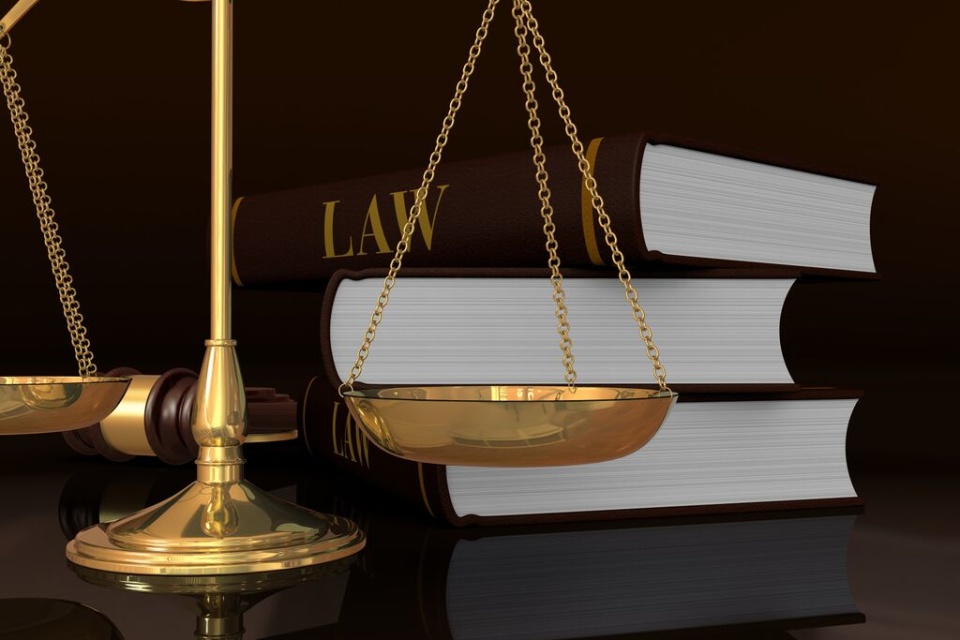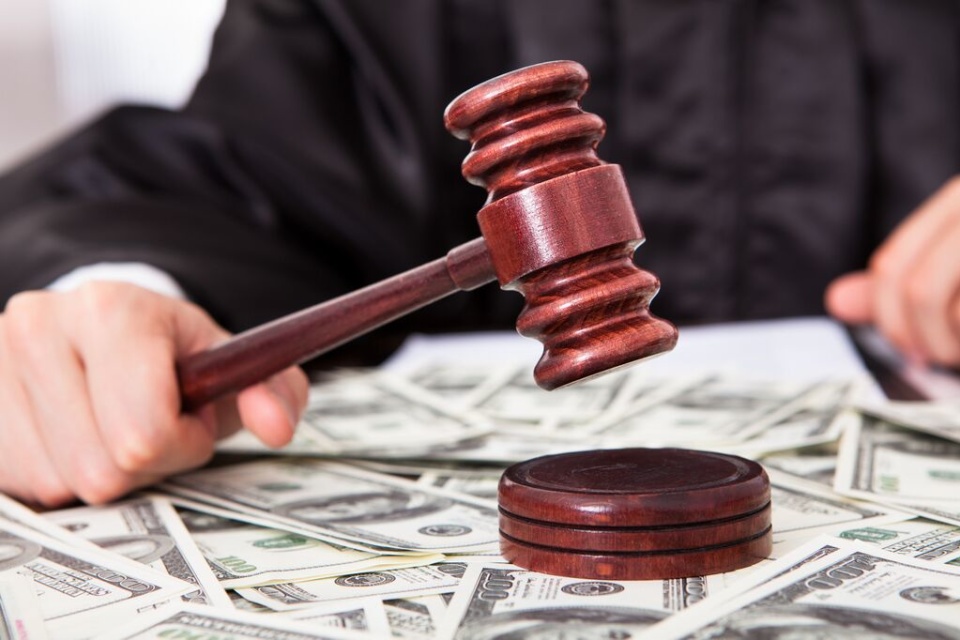
What is my digital estate?
Your digital estate is comprised of all of your digital assets—your social media pages, brokerage accounts, websites designed for downloading media, and the related. In your digital estate, you determine what should become of every facet of your virtual presence after you pass away.
Why does my digital estate matter?
In these increasingly technological times, it is quite likely that much of your life is online. Social media plays a huge role in many people’s lives. You may pay your bills or handle your bank accounts online. You also may utilize downloading websites to access media, or post writing or art online. The things you store online—from financial information to photographs—hold value. It is becoming increasingly important to make sound decisions about what to do with these assets after you pass away.
How do I plan my digital estate?
Planning a digital estate is a relatively simple, straightforward process that is very similar to the process of drafting a regular will. Start by taking careful inventory of all of your digital assets: your social media accounts, websites you own, email addresses, music site accounts, all of it! Store all of your access information, like usernames and passwords, in a safe place, so your accounts will be accessible after you pass. You can let a beneficiary, an attorney, or your executor hold onto this information. There are even websites designed for this purpose. Regardless of how you go about this step, it is an extremely important one. Letting your access information get out can lead to financial losses or identity theft. Do not put your access information in your will itself! After you pass away, your will is considered a public document, so remember to store private information separately.
Next, find a digital executor. Much like a normal executor, a digital executor is responsible for ensuring that your assets go to the right people, and that the instructions you leave in your will are followed. Your digital executor should be mature and knowledgeable of technology. You should grant them power of attorney over your digital assets so that they will legally be able to access your accounts as necessary after you pass away.
Then, draft your digital will. Decide what should become of your bank and brokerage accounts, and any other digital assets that have financial value. Also figure out what you would like to be done with social media and other non-financial assets.
Keep in mind that different websites have different policies and procedures for the accounts of the deceased. Some may only allow your account to be deactivated, while others may have a way of memorializing it. Learn about what the procedures of each website are so you can make informed decisions. In many cases, websites will not allow anyone who is not the original owner of an account to deactivate it, unless they are an executor with power of attorney and can send a death certificate. Make sure your executor is prepared to jump through some hoops, and remember to grant them power of attorney.



